Ahoy Spacehuntsman! We did an interview on Blacksea Odyssey with Donyaye Bazi from the Iranian gaming site, Dbazi. If you happen to be able to read Persian, you can read the original article on their site. Without further ado, enjoy!
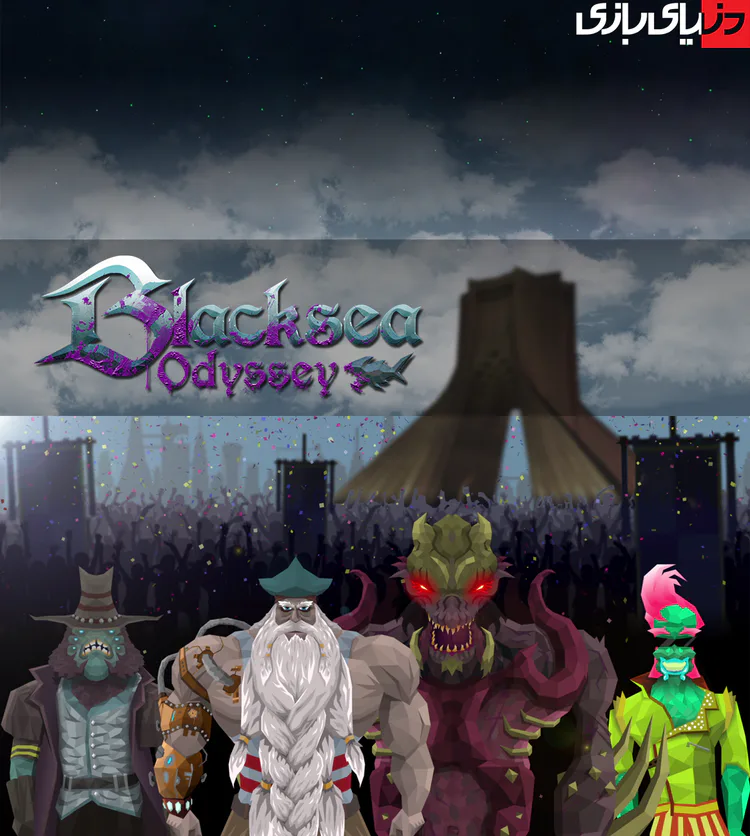
A brief intro from Donyaye Bazi to the reader:
The surface of our beloved and beautiful Earth, is home to many beautiful minds. Among which exist those who expand this beauty by materializing other beautiful abstract worlds to accommodate the people around them. Prone to uncertainty, yet self-released from all boundaries that set limits to their creativity, independent video game developers strive to make a world exactly the way they want to make and live in. It’s only fair if we, as a part of the press, reach out to some of their most ambitious and learn about the motivation behind their hard try. As long as big ideas inhabit their minds, we don’t give shit if they run a very small business made by few people not even outnumbering the fingers of one hand. So for the start of this journey, I decided to have a rather trivial yet joyful conversation with my friend Percy Legendre, one of the three lovely guys who form the American independent studio Blacksea Odyssey, and the producer of a video game with the same name.
Donyaye Bazi: Hi, mate. I want you to know I really appreciate that you’re talking with us. Perhaps it’s for the best if we start with personal matters to warm up for more professional ones. Let me reintroduce myself; I’m speaking with you as perhaps the smallest part of the big family of “Donyaye Bazi”. Meaning the “world of gaming”, A while back it was a monthly gaming magazine and now keeps its reputation as a well-known gaming website for all Persian speakers, while most of our former staff are now obsessed with game development. So that was it from our side, now would you please shortly introduce yourself to our community?
PJ Legendre: Thanks so much to you and the Donyaye Bazi community for having us. We love when people reach out to us; it means a lot to small indie developers like ourselves.
Blacksea Odyssey is an American independent game studio based in Orlando, Florida. The team consists of University of Central Florida graduates Peter Milko, Sean Pinnock, and myself, Percy Legendre IV (PJ). We’re currently developing a multi-directional shooter of the same name - Blacksea Odyssey. After graduating, we decided to pursue the indie dream and create our own indie studio.
DB: I was maybe at age four when I played my first video game and, sweet memories still remain with me after all the years. How was it for you? Would you please share with us your first experience of playing a video game?
PJ: My brother and I first played Super Mario Bros and Duck Hunt on the NES when we were kids. Ever since then, we would always played cooperative multiplayer games together. Or, we’d take turns playing single player classics like Star Fox 64. We often pulled all nighters immersed in the world of video games.
DB: There’s obviously a long way from playing a game and trying to make one, nevertheless it’s widely known that great games are made by great gamers. So as a developer, how much time during a day do you spend on playing and how much on developing?
PJ: Honestly, not much nowadays. I know it seems a bit ironic, but let me explain. As a kid, my brother and I would play games at night for 1-3 hours a day. On weekends, we’d play much more since we loved pulling all nighters. In high school, we played tons of online FPSs and MMORPGs on PC. But then college happened.
Making games requires so much time, focus, and dedication. Most of my college free time went to learning how to make games, not playing them. Making games requires knowledge of so many various skillsets that it takes years of preparation and practice to finally be ready to begin making a commercial game. Then, once you start making a game - it takes even more time, focus, and dedication. Currently, I only play a 1-3 hours a week, if that. I intentionally avoid time consuming games like MMOs and play games I can easily pick up and put down - like indie games, FPSs, or MOBAs.
DB: If you were given the chance to work in the company that you desire, which one would you pick and why?
PJ: This may sound odd, but I wouldn’t want to work for a company. Peter, Sean, and I decided to make our own studio because we want to create the games that we want to make. We don’t want to help make someone else make their dream at the cost of our own dream. I’m mainly talking about AAA studios. At these studios, most people do a specified task every single day as nothing more than a part of a larger pipeline. If I had to pick, I’d want to work for a small indie company. I think the largest studio I’d work for would be Artix Entertainment - the studio behind Adventure Quest.
DB: When did you decide to become a developer? How did it come to fruition? Was it your first choice for a career or you originally had some other plans in mind? Now, what pictures have you drawn in your mind for your future?
PJ: For my 12th birthday, my mom took me to a hobby shop to buy me a gift for my birthday. I bought a set of metal soldiers from the tabletop miniatures game, Void. It’s similar to Warhammer and Warhammer 40k. Being a young kid, I didn’t understand the complex rulebook - so I made up my own rules. I got into other tabletop games like Heroclix and Dungeons and Dragons for a little while too. These made me want to make my own games. Playing MMOs and FPSs that had features I didn’t like made me think about how I would redesign certain game systems. These caused my desire to make games to evolve into a desire to make video games.
Before I wanted to make games, I wanted to be an inventor. I always found myself to be a creative child, but hadn’t quite found the right outlet to create until I stumbled upon game development. Regarding the future - who knows. I want to keep creating! I don’t necessarily care if it’s games as long as it’s creative.
DB: To reach the ground where you stand on now, I mean the job and have and the responsibilities which you can take care of, how much hardship was there that you had to endure? During these harsh moments, with the competition so fierce and demands desperately high, did you ever feel like you have to give up because you can’t fulfill what you intend or desire to do?
PJ: Tons of learning. I would spend countless hours in our school’s library learning programming and game design - most of the time it wasn’t even for class! Sean and Peter were the same way. Because we took initiative to learn on our own and practice game development so vigorously in school, we’re very confident in our skills. Sometimes we may get a little stumped or stuck, but it usually never lasts long. Having the right mindset and working hard can help overcome such obstacles.
DB: Now I love to talk a bit about your ongoing project, Blacksea Odyssey. Regrettably I had no chance to play it first-hand, but I’ve been following you and the development
process for months and from posts and GIF images in the official site, I have strong faith that it’s going to be a very successful indie title. Care to bring some light on the game for our readers by briefly introducing it?
PJ: We’ll be releasing a public Alpha Demo near the end of October - so keep an eye out for it then! But yeah, Blacksea Odyssey is a top-down shoot em up about hunting giant space creatures. It features rogue-like elements, massive boss battles, and an expansive customization system. We wanted to create a game that had the action-packed intensity of shoot em ups, and the highly challenging risk and reward decision making of rogue-lites - let’s not forget the permadeath and procedurally generated levels. So we decided to blend these two genres and create Blacksea Odyssey.
DB: This game definitely has some funny idea behind it. A shooter about fishing in space! How did such an interesting idea cross your mind? And how did it make it into development phase?
PJ: The concept is inspired by the novels, The Old Man and the Sea, by Ernest Hemingway and Moby Dick, by Herman Melville. These combined with my fascination with Star Wars made the idea of fishing in space pop into my head. We first concepted the idea at the Global Game Jam 2015, in January. People loved it! So we spend the next few months fleshing out the game’s design and prototyping tons of mechanics and gameplay ideas until we eventually has a solid vision for the game.
DB: Speaking of development phase, did you write the scenario first or was it a gameplay prototype that brought Blacksea into life?
PJ: Game development requires such an intensely iterative process, so we started with a simple concept, then made a simple prototype at the Global Game Jam. This only had the most essential mechanics like moving, throwing spears, and killing space fish. We then fleshed out the concept a little more, then made an advanced prototype. This had more complex mechanics like the harpoon mechanic/ripping fish apart, and spear runes. After than, we had an intense design phase in which we prototyped ideas as they formulated. Once we knew what was feasible and fun, we went back to design for a bit then made a vertical slice that represented what we wanted for the final version of the game. It’s such a back and forth process!
DB: Can you explain the story of this game?
PJ: Here’s a brief synopsis: It is the ninetieth year of the third eon - a Titanfish year. During a Titanfish year, the people celebrate a competition that occurs once a decade known as the Blacksea Odyssey. The Galactic Entertainment Corporation broadcasts the competition live each Titanfish year and countless watch as the best huntsman race to capture bounties of great astrofish. The huntsman that collects the greatest bounties earns the right to face the Titanfish. If the old man had ever believed in destiny, this would be his. He would pursue the Titanfish into the Void, where no huntsman dare venture before, and win the competition.
DB: Latest and probably the best top-down shooter I’ve played so far was Hotline Miami. I don’t know if you’ve given it a shot but which games inspired you to make Blacksea?
PJ: Hotline Miami has definitely been an inspiration as well as The Binding of Isaac, Path of Exile, Geometry Wars, and Asteroids. We’ve borrowed so many elements from each of these games as well as many others. Our rogue-like elements come from The Binding of Isaac, our rune system comes from Path of Exile, and of course the core top-down shooter gameplay comes from Geometry Wars and Asteroids.
DB: Which stage of the development process has proved to be the hardest? Was there any big obstacle in your way that slowed or stopped the job from going forward? If so, how did you manage to overcome them?
PJ: Our vertical slice phase was quite scary. We spend a lot of time prototyping ideas that we weren’t sure would be fun or feasible. The technical side actually went much smoother than we anticipated. The difficulty game in design discussions. We’d sometimes get in huge design debates in which our team would be have conflicting ideas. Early on we had very intense debates about controls, genre, story, etc. Since everyone had their own vision of what they imaged the game to be like, compromising to combine our creative minds was sometimes difficult. We overcame these stumps by breaking down our goals for the game, analyzing our target audience, and seeking external input from informed individuals.
DB: Many people might not know much about the responsibilities of a producer. What are the main problems that a producer must tackle? Can you explain the difficulties and challenges a producer must face? As a member of the small team behind Blacksea, are there other tasks that fall to you?
PJ: As a producer, I handle a lot of miscellaneous tasks not directly associated with game development. Early on, I helped organize our team and it’s goals - an advanced prototype we would pitch to publishers in order to secure funding by a certain date. I wrote our pitch deck, sent it to publishers, and negotiated deals. Nowadays, I handle project management tasks such as setting milestones, maintaining the task board, and keeping development on track. I also handle business tasks such as writing contracts, maintaining publisher relations, scheduling meetings, and making sure I take care of Steam, Xbox, and PlayStation submission processes and tasks. Lastly, I handle marketing tasks such as building our website, writing our positioning statement, organizing a marketing plan, and preparing for key announcements.
In addition to acting as a producer, I help out with development. Sean does all of the game’s core programming. He designed and implemented the systems behind our game’s core gameplay, complex AI, procedural level generation, destructible environment, and rune system. I could go on and on about all the awesome systems he’s created. I help him out with programming by coding our screenflow, game progression, HUD, screens and menus, and implementing particles and audio. I do these menial tasks in order to make his job as easy as possible. Regarding art, I do the same for Peter. He does all of the games art and animations. I design the particle effects and help make miscellaneous assets for trailers or promotional content. We all work on the game’s design together, so I just make sure the ball keeps rolling and we stay focused.
Basically, Peter creates the games art and Sean brings it to life. My role on the team is to handle all the other crap and make sure I make their jobs as easy as possible for them as I can.
DB: What plans do you have for advertising and publishing your product? What Channels have you chosen for these purposes? Any kickstarter plan?
PJ: We try to be as active as we can on Facebook, Twitter, Reddit, Unity forums, TigSource forums, Tumblr, IndieDB, and GameJolt. We spend about 2-3 hours each day just marketing. Regarding publishing, we aim to release on PCs and consoles. A publisher is helping us get on distribution channels such as Steam, GOG, Desura, etc. as well as Xbox One and PlayStation 4. Because we were able to secure a publishing deal which helps fund the project, we do not need to run a Kickstarter campaign.
DB: I think Blacksea has now reached a significant milestone in its development and now it is almost fully playable. How does it feel that your raw idea, once only on paper, has become a reality?
PJ: It feels amazing to have a build that represents a mostly final version of the game that can be played from start to finish. We still have a ways to go before it’s ready, but having an idea go from paper to reality feels so rewarding - we’re so grateful for the opportunity to share our creativity with gamers.
DB: For Blacksea to be aimed for PC as well as current gen. consoles looks like a tall feat. How different is PC from consoles in development and publishing scenarios? How does Sony’s support for indie games and Microsoft’s ID@Xbox program pave the ground for independent developers to have a strong appearance on consoles?
PJ: Getting on platforms such as Steam, GOG, and Desura is much easier than getting on consoles. Dealing with requirements, specifications, quality assurance testing, and submission processes often take longer than actually preparing the game for consoles. Thankfully we have a publisher to help us through all of these. It’s fantastic that they have outlets for indie developers to get their games on their consoles. While it may be a pain to get a game on consoles, these nuisances actually ensure that only quality games get on them. Unfortunately, platforms like Steam, Google Play store, and iTunes App store tend to be oversaturated with mediocre products. Each distribution platform has it’s pros and cons.
DB: Thanks for your time. I sincerely wish for you to be very successful. You do us a great honor if you give us a copy of the game when it’s ready so we can enjoy and write our own review for it.
PJ: Thanks so much for the opportunity to be a part of your community! We’d be glad to get a copy over to you when it’s ready. :)
We hope you enjoyed the article! Don’t forget to follow our Facebook, Twitter, and Website for more information.


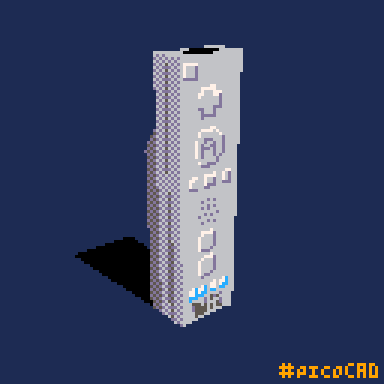
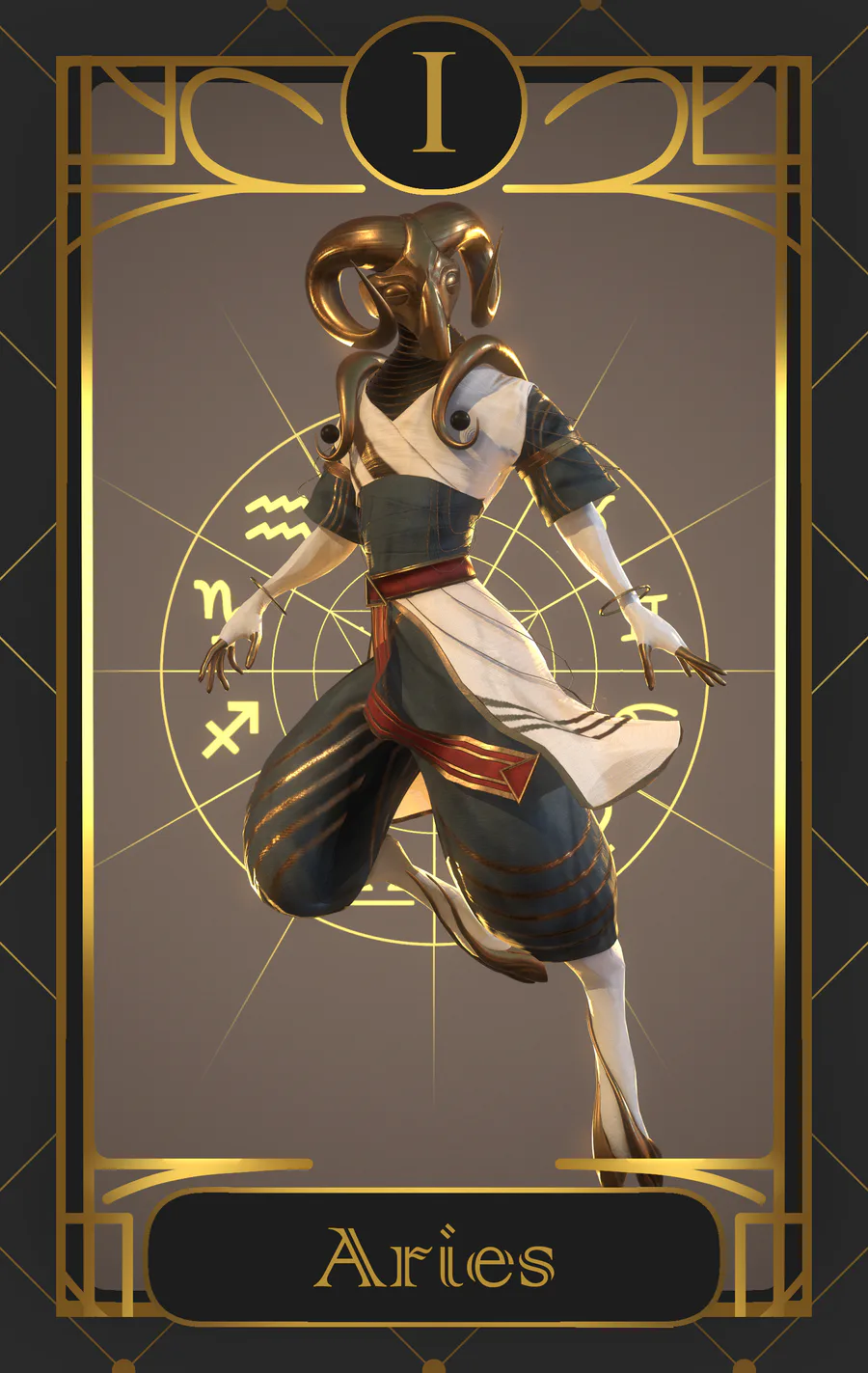
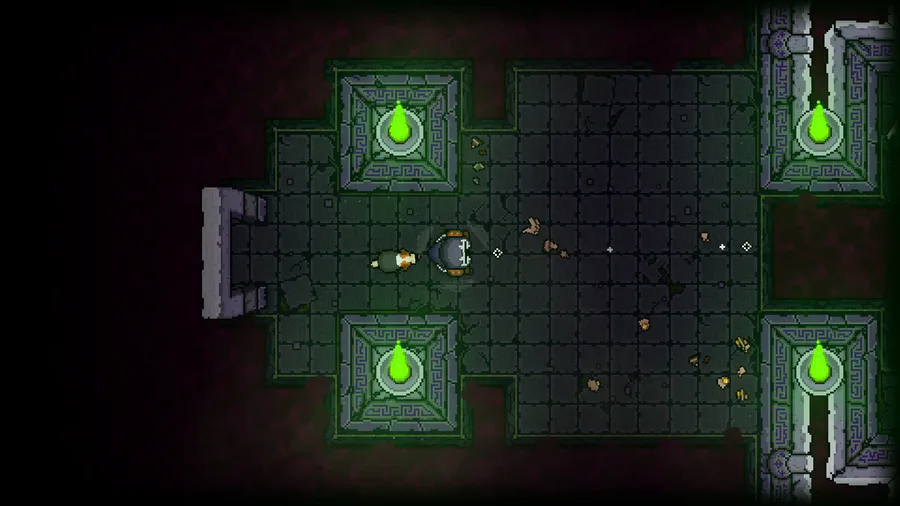
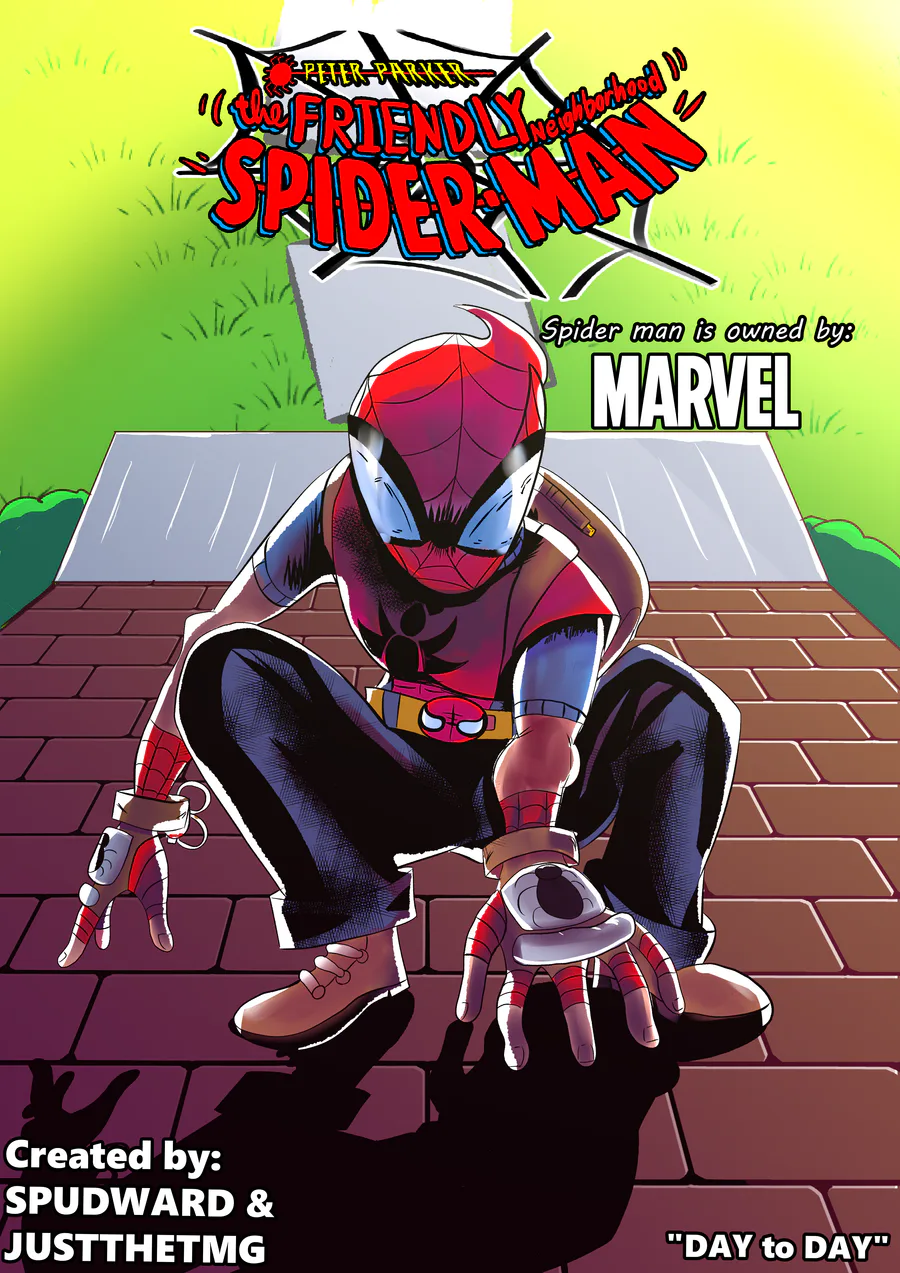
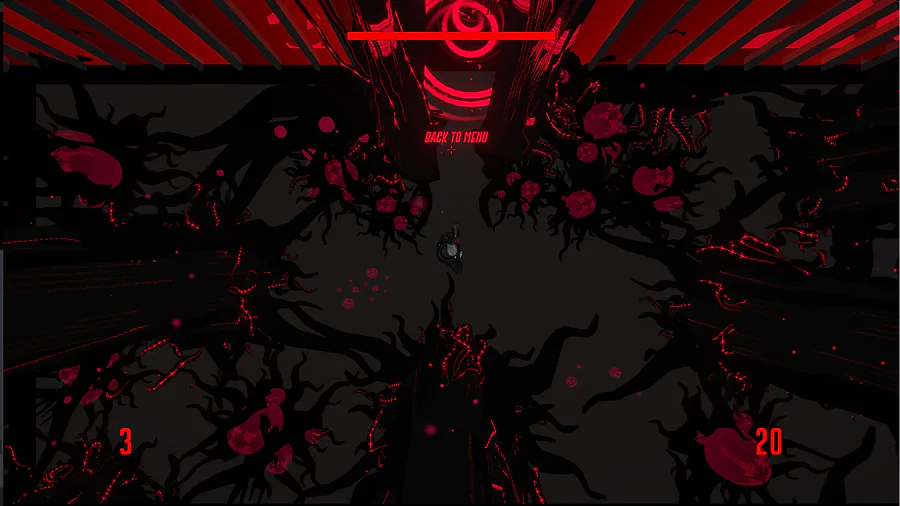
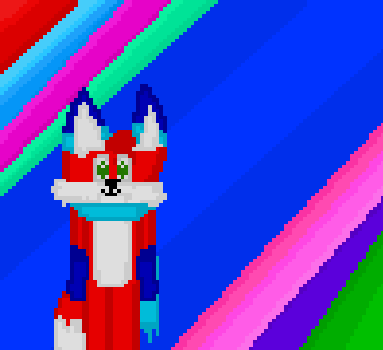
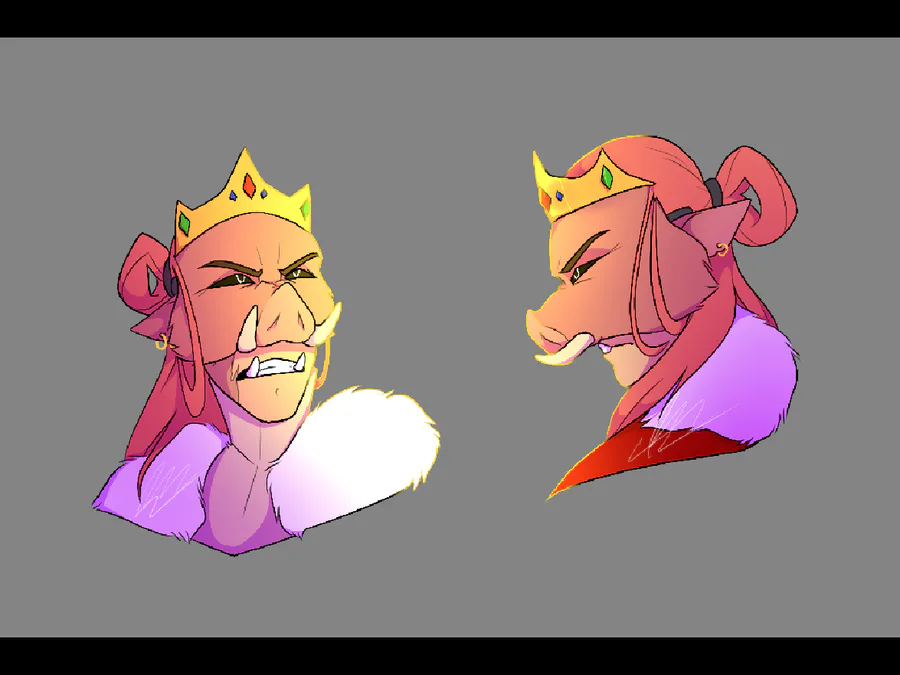
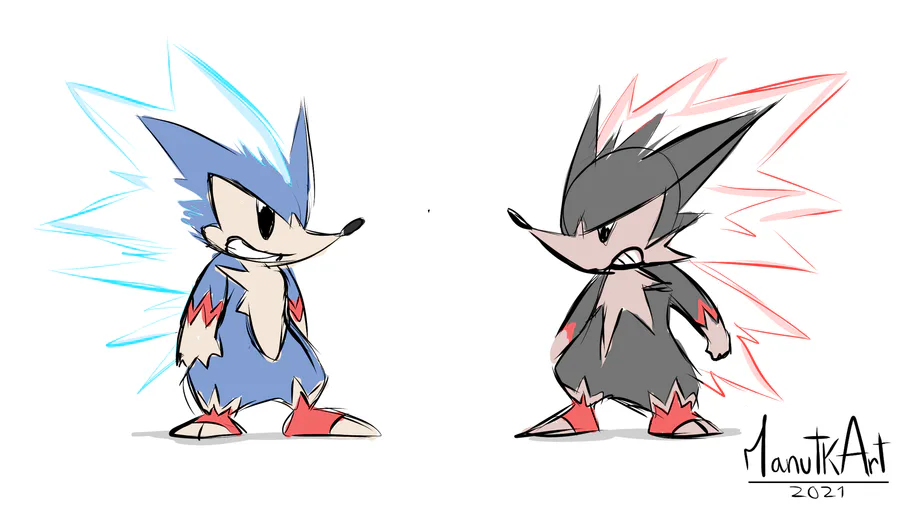
0 comments